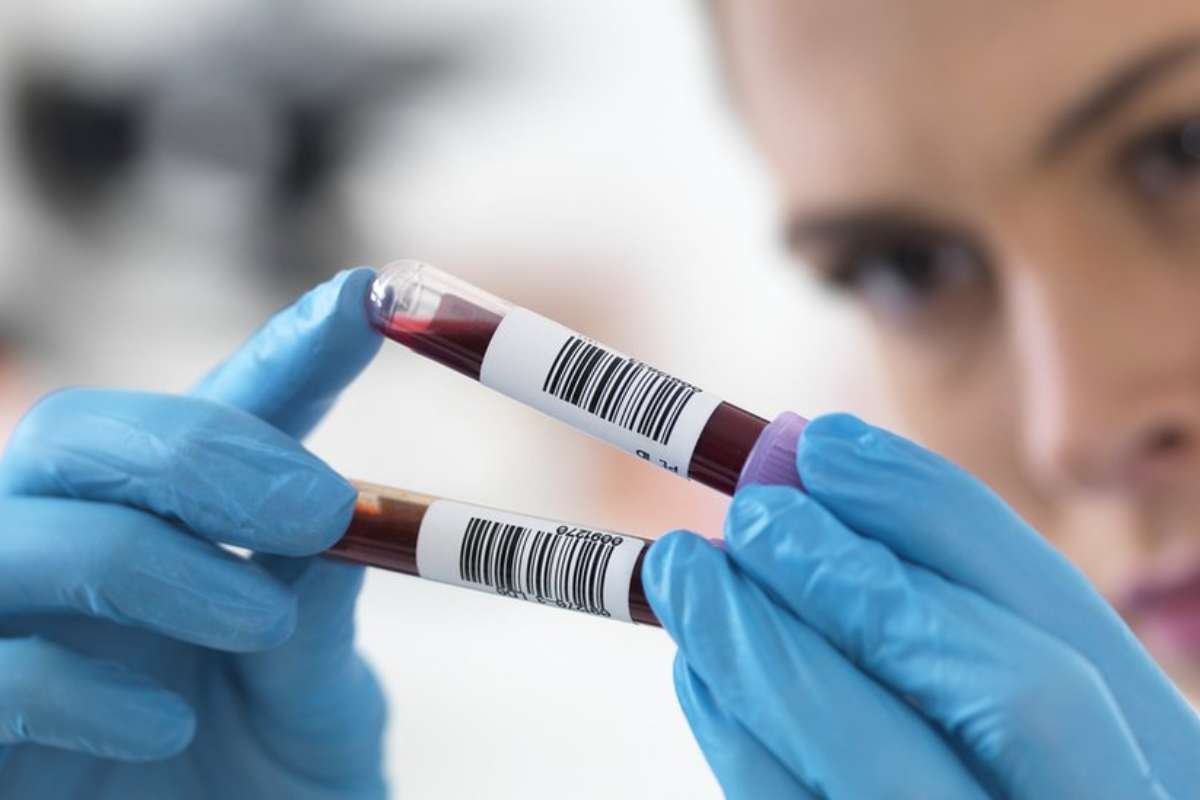According to newly released information from the National Centre for Health Statistics of the Centres for Disease Control and Prevention, millions of Americans report having lengthy COVID-19, either in the past or at the time of the survey.
According to studies released on Tuesday based on data from the 2022 National Health Interview Survey, 6.9% of American adults reported having lengthy COVID at some point in their lives, while 3.4% reported having it at the time of the interview. According to U.S. Census data, that would suggest that since the epidemic started, around 18 million people have experienced the illness.
Women were more likely than males to report protracted COVID, a range of symptoms that can be crippling and may last for months or years following an illness. Age had an impact on the results as well, with persons aged 35 to 49 being the most likely to report having lengthy COVID-19 either now (4.7%) or in the past (8.9%). Data for youngsters showed that 0.5% now reported having lengthy COVID, while 1.3% had it in the past.
Long COVID: What is it?
Long COVID is defined as a post-infection group of symptoms that persist for three months or more after a person contracted COVID-19. Exact definitions differ. It can happen even if their COVID disease was minor at first, but prior study indicates that it’s more likely to happen after a severe illness.
Nearly 9 million Americans have long COVID, CDC says
The symptoms linked to it have recently been better understood thanks to a study from earlier this year that was supported by the National Institutes of Health. Researchers identified the 12 symptoms that most distinguished those with lengthy COVID after analysing data from thousands of adults, which included:
- Post-exercise malaise (devastating exhaustion that worsens after exercise or mental effort)
- Fatigue
- Mental haze
- Dizziness
- Signs of the digestive system
- Heart flutters
- Problems with sexual desire or ability Loss of taste or scent
- Thirst
- Persistent cough
- Chest discomfort
- Unusual motions
However, patients may also have a variety of additional symptoms.
After recovering from a moderate incidence of COVID-19 in November of last year, Priya Mathew experienced a long range of symptoms from extended COVID, including insomnia and excessive exhaustion. Any small task required far too much energy. I had to relax for three hours after just taking a shower, she told CBS News earlier this year. For at least one month, according to Mathew, she couldn’t work.
The lack of sleep, also referred to as “COVID-somnia,” was one of her most debilitating symptoms. A 2022 poll by the American Academy of Sleep Medicine found that nearly a third of Americans reported having sleep difficulties ever since COVID-19 started.
Can Extended COVID Be Treated?
Even while the majority of patients appear to make significant progress within a year, numerous unanswered mysteries surround the illness and its management. Data indicate that, as of the end of last year, extended COVID was a factor in more than 3,500 deaths in the United States.
The search for potential remedies for the illness is drawing more attention from researchers.
The first of several federally funded research targeted at determining ways to aid with the long-term symptoms still experienced by many COVID-19 survivors was announced by the National Institutes of Health (NIH) last month with the beginning of two new clinical trials to evaluate potential treatments for extended COVID.
Many Americans continue to struggle with long COVID: “Every day, getting up is a fight”
Long COVID or post-COVID care centres have also been established by hospitals in a number of cities across the nation, using a multidisciplinary approach to assist patients with these complex diseases.
Another Significant Factor Is Prevention.
The results of several studies published in the peer-reviewed medical journal JAMA point to a possible considerable reduction in the incidence of protracted COVID following COVID-19 vaccine.








